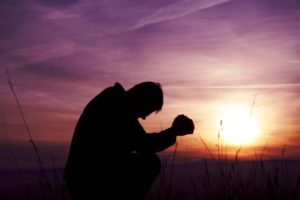I have been pondering a dilemma I have been facing during this election season, which is to what extent to what extent do I want to wear my political allegiance.
For decades I have forgone the displaying of yard signs at my home and bumper stickers on my vehicles. The answer is obvious: I was a journalist, and my craft presumes that its practitioners take an unsigned oath to keep our allegiance to ourselves.
I honored that pledge religiously for nearly four decades. To be frank, even though I am no longer employed by a media company, I am inclined to keep my pledge intact. I will stipulate that I do contribute freelance articles for a group of weekly newspapers in Collin County, but I am not on any payrolls. That means I am free to speak my mind … if I so choose.
I do write on this blog about my political leanings. You know, for instance, that I support President Joe Biden’s re-election. I oppose vehemently and viscerally the election of the presumed Republican presidential nominee, whose name I have been boycotting any mention on this blog.
I’ll need to stipulate that I know emotions run high on both sides of the chasm. Except that I never — not ever! — would damage anyone’s property if they decided to display a sign supporting the former Liar/Philanderer/Idiot in Chief.
Therefore, my angst at displaying my own allegiance has everything to do with how those on the other side might react.
To be candid, I dislike surrendering my First Amendment right to speak freely and peaceably about my government and the politics that produce our elected leadership. Yes, I am able to do so on this forum and for that I am grateful the founders granted us all that right. I just cannot take that expression to the next level, which would be to display a sign at my home or on my vehicle.
It’s just too weird out there … you know?
